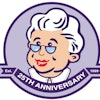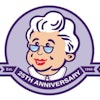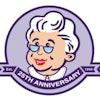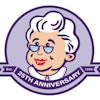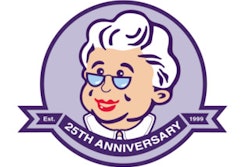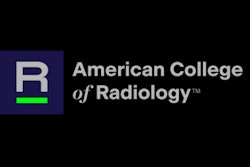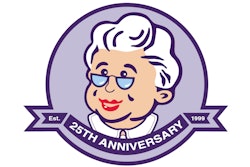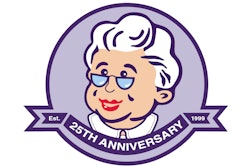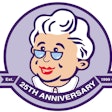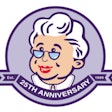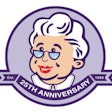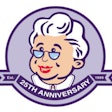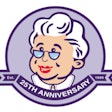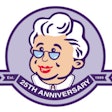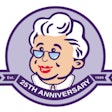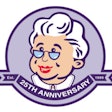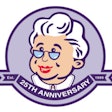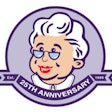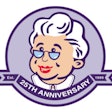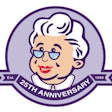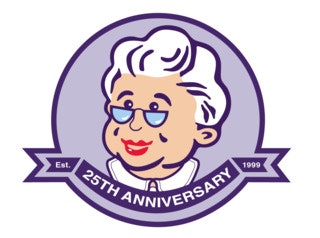
Editor's note: As part of the celebration of AuntMinnie.com's upcoming 25th anniversary, we're presenting 25 for 25 -- a series featuring our most popular content for each of the last 25 years. New articles will be published each Monday until our official anniversary at RSNA 2024. In 2005, our top article reported on the fierce turf war in the U.S. between radiologists and cardiologists.
ORLANDO, FL - The turf war over imaging in America now appears fully engaged, with the president of the American College of Cardiology (ACC) calling on fellow specialists to repel efforts by radiologists to limit the provision of imaging by nonradiologists.
"Radiology leadership is directly challenging our ability to use the best and latest technology to care for our patients in our offices and in the hospitals in which we work," Michael Wolk, MD, said in his plenary address at this week's ACC annual meeting.
"All qualified physicians must be permitted to use essential tools to do their jobs," Wolk told the cardiologists in attendance. "In today's world that means wisely integrating imaging technology into office practices."
While Wolk spoke in general terms, his warnings clearly referred to the "designated physician imager" initiative described by the American College of Radiology (ACR) earlier this year, along with recent recommendations on imaging issued by the Medicare Payment Advisory Commission, also known as MedPAC.
MedPAC's recommendations were officially presented to the U.S. Congress in a report delivered earlier this month. The ACR released a statement Wednesday supporting MedPAC's recommendations to set quality and safety standards for medical imaging. They reiterated that "radiological procedures (CT, MRI, PET, etc.) are medically prescriptive in nature and should only be utilized by appropriately trained and certified providers under medically necessary circumstances."
In a recent editorial in the Journal of the American College of Cardiology, Wolk more pointedly noted the political battle that likely looms on Capitol Hill and elsewhere.
"No practice is immune to the attacks on cardiologists' ability to provide imaging services," Wolk wrote (JACC, February 15, 2005, Vol. 45:4, pp. 627-628).
"This is a fight that affects every one of us, and it is a fight that will take considerable resources and commitment to eventually win," Wolk wrote. "And we will win."
